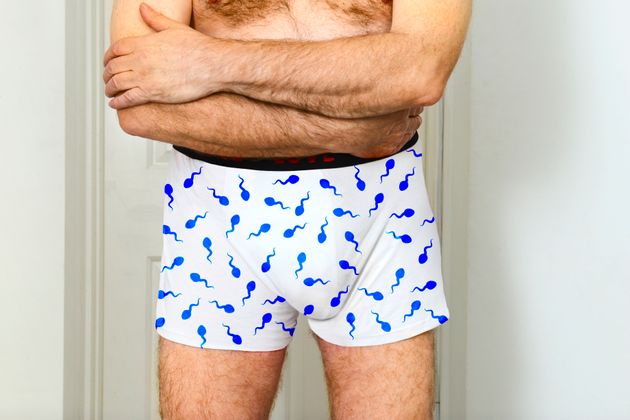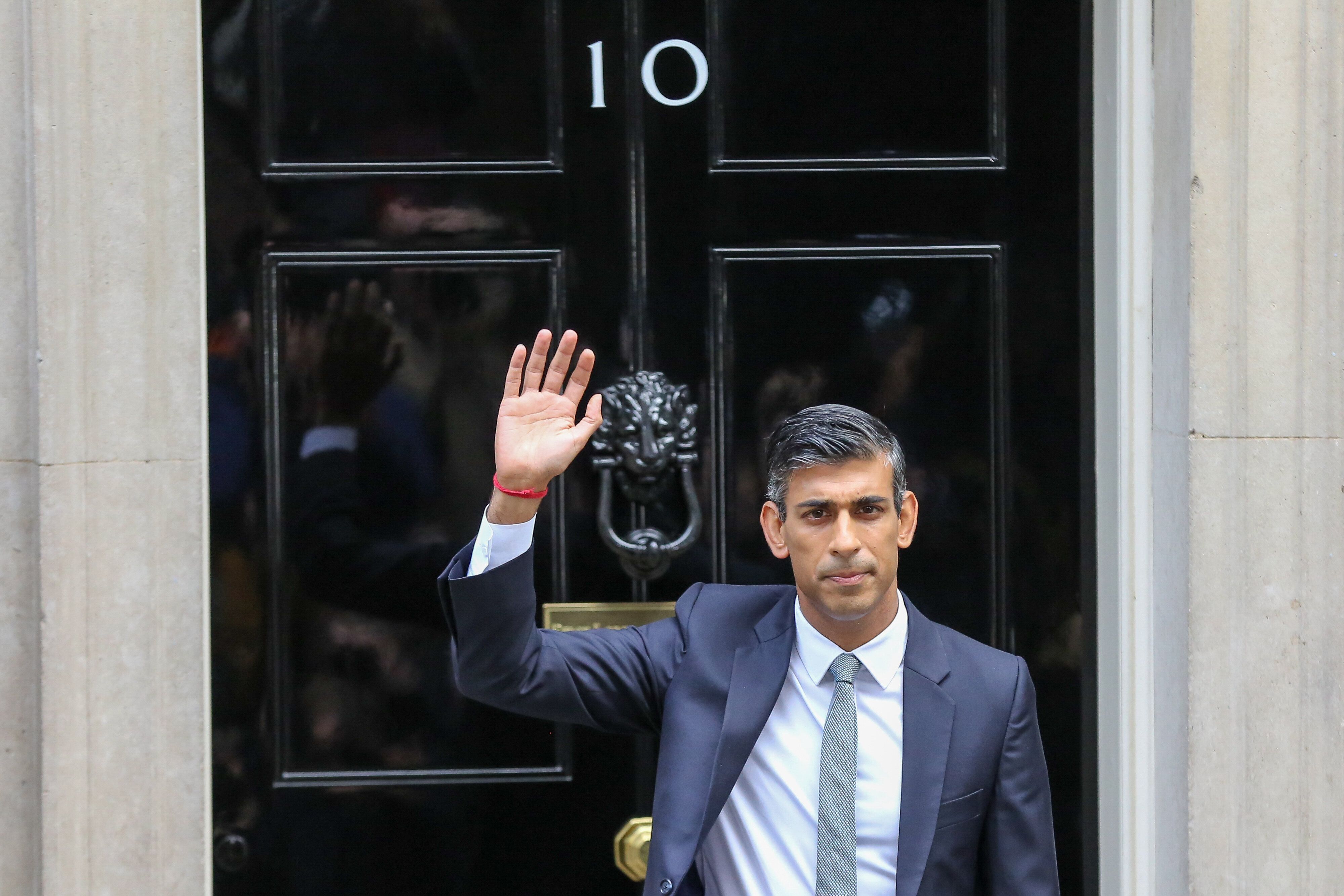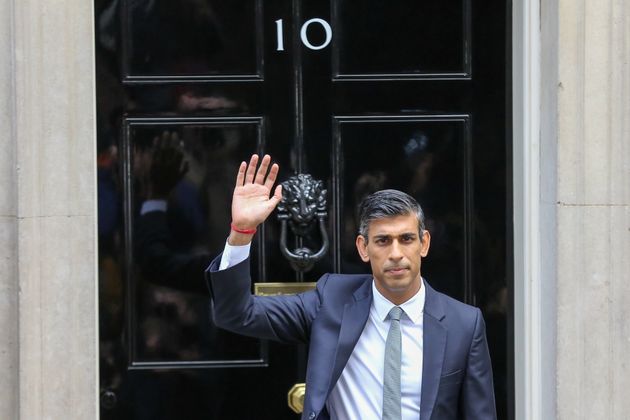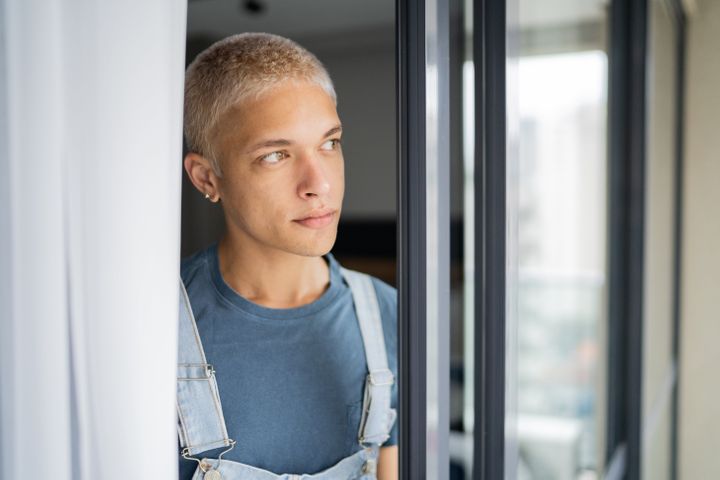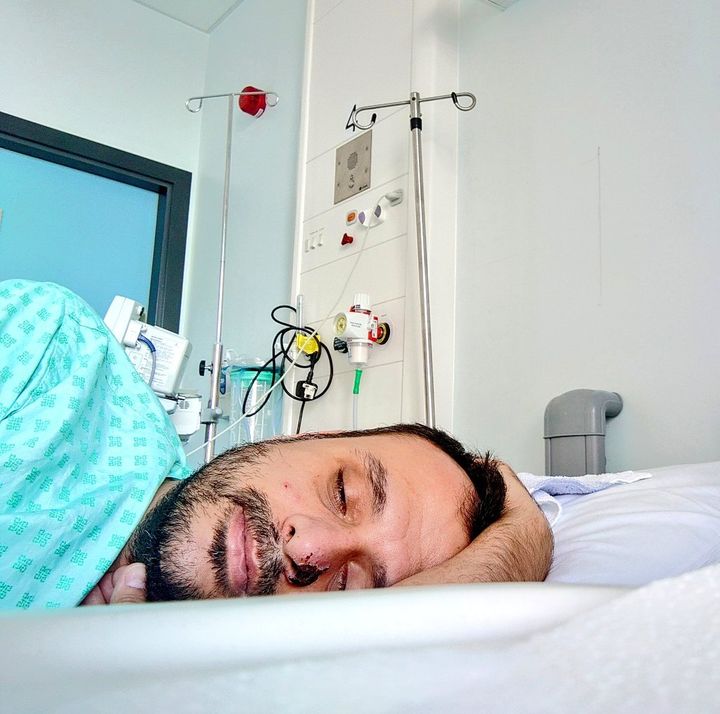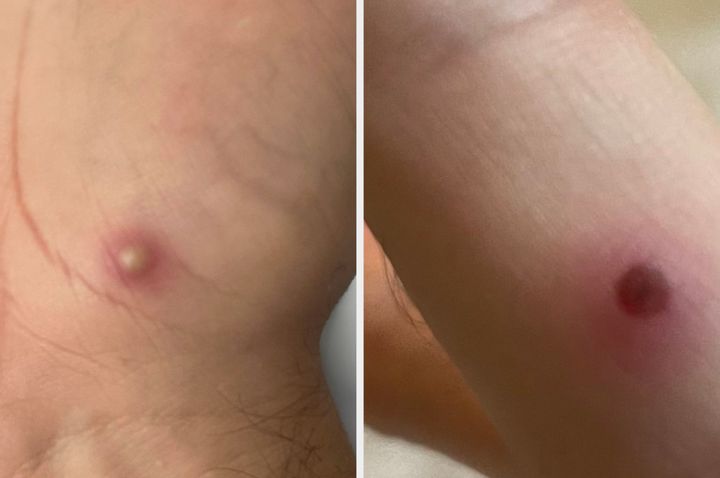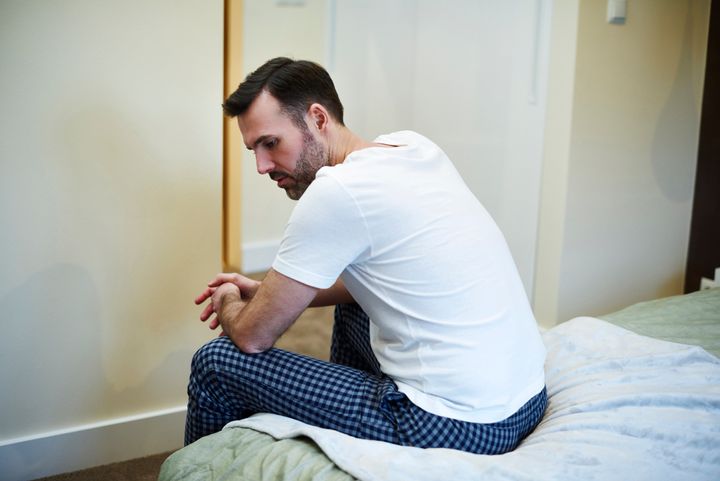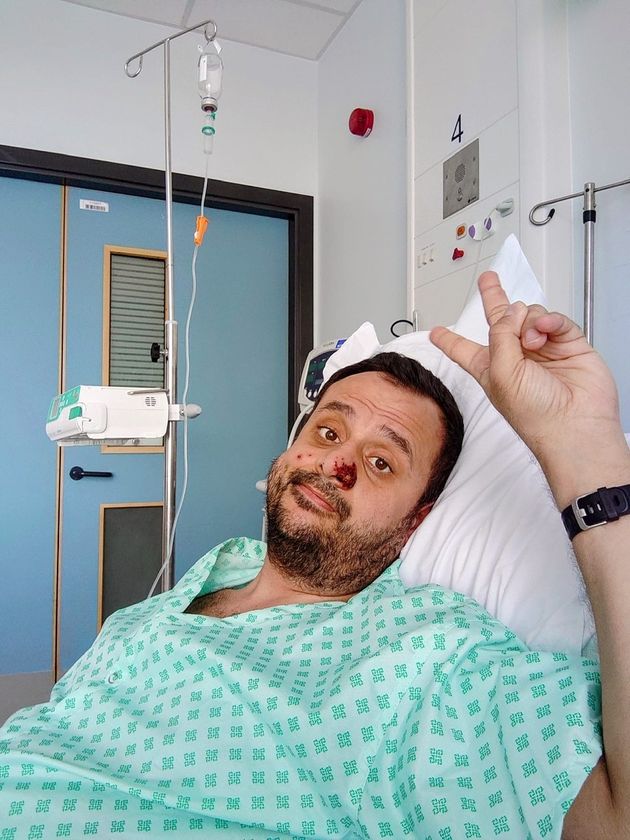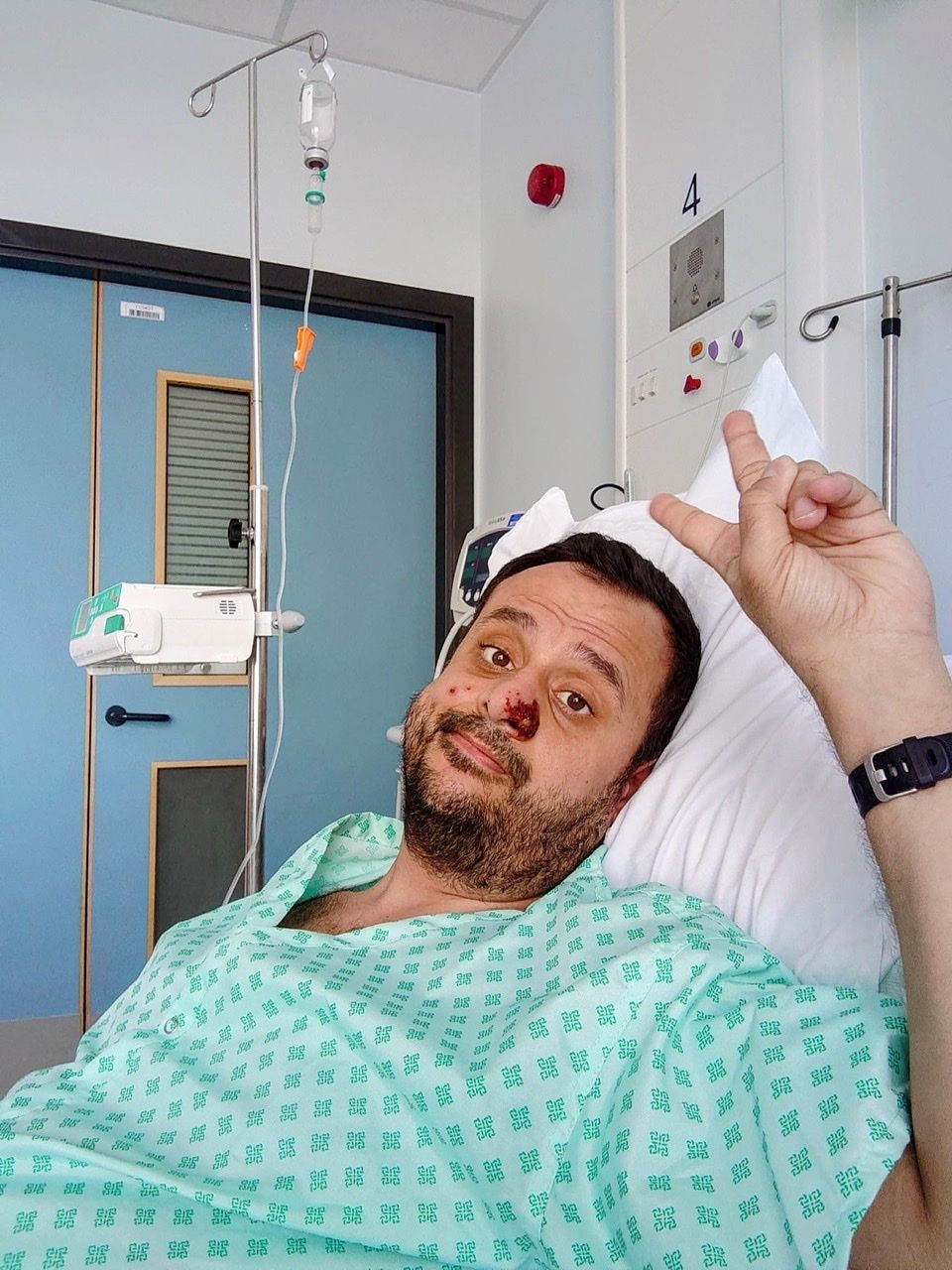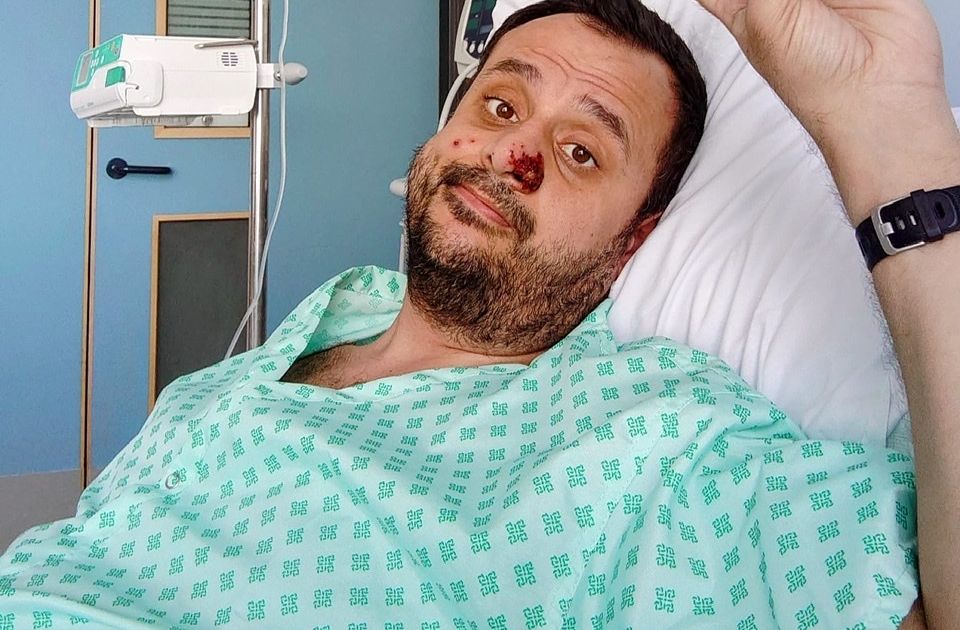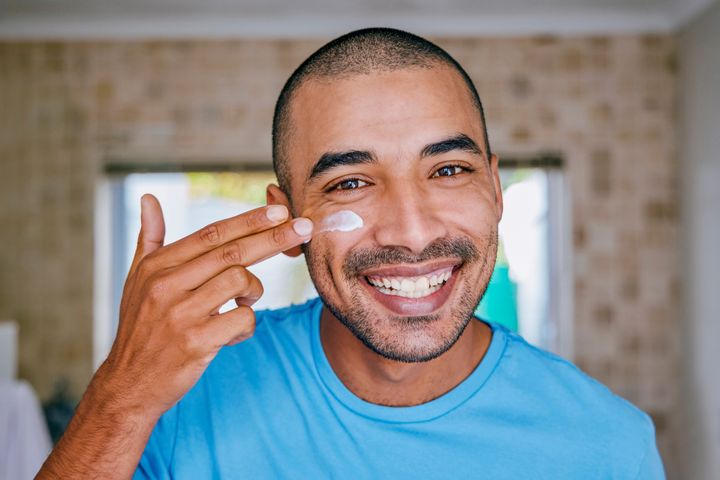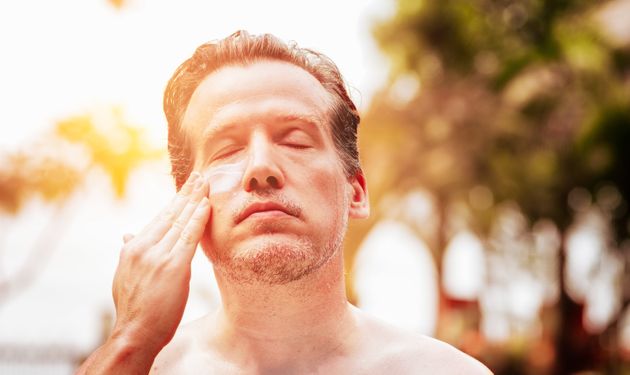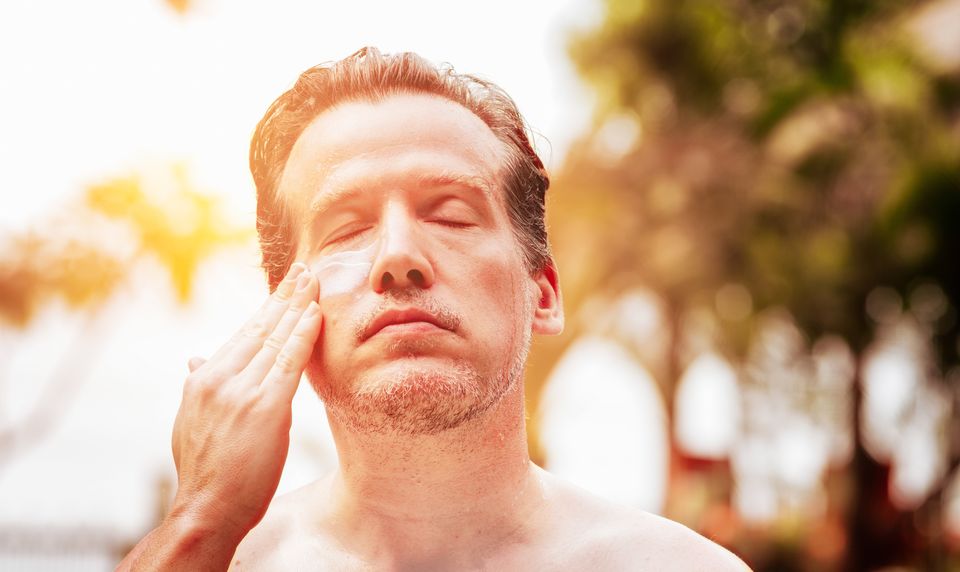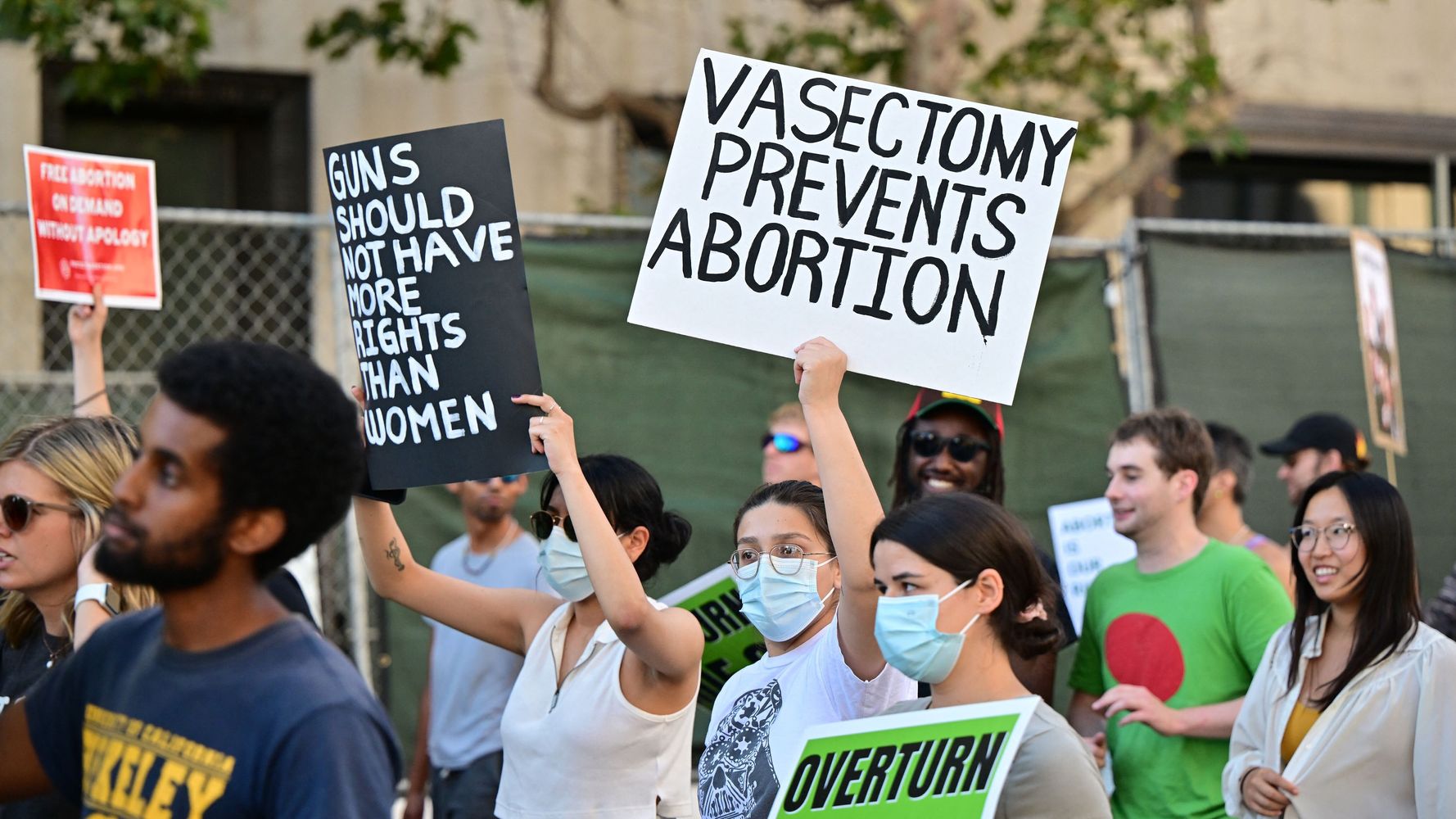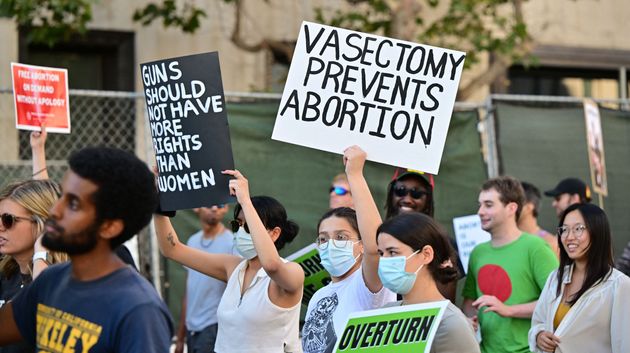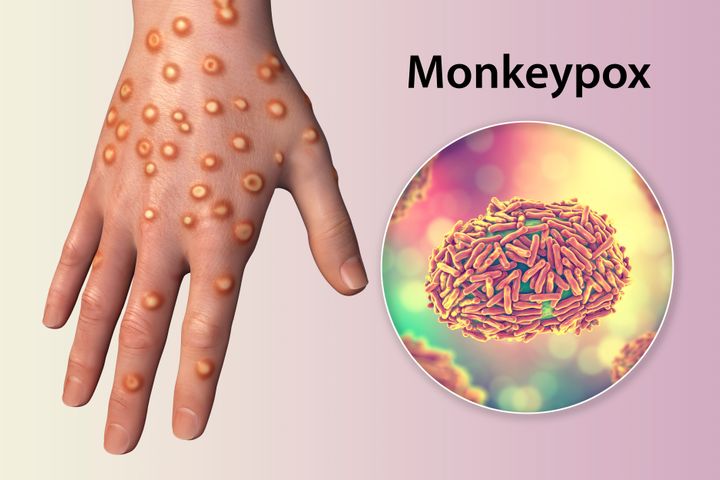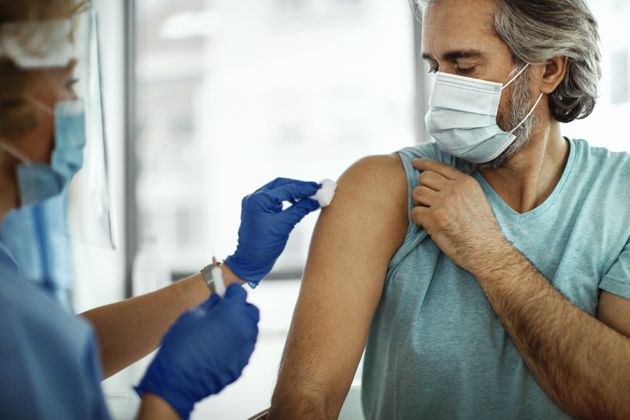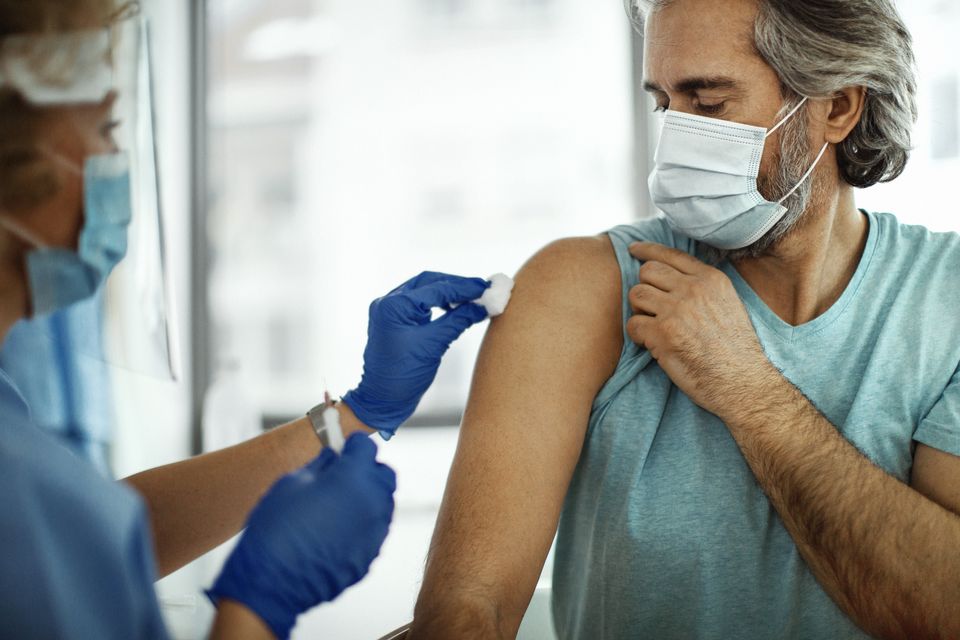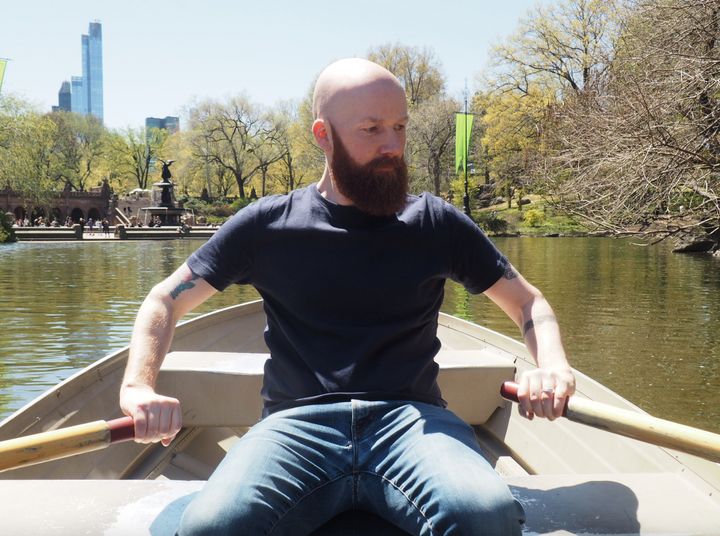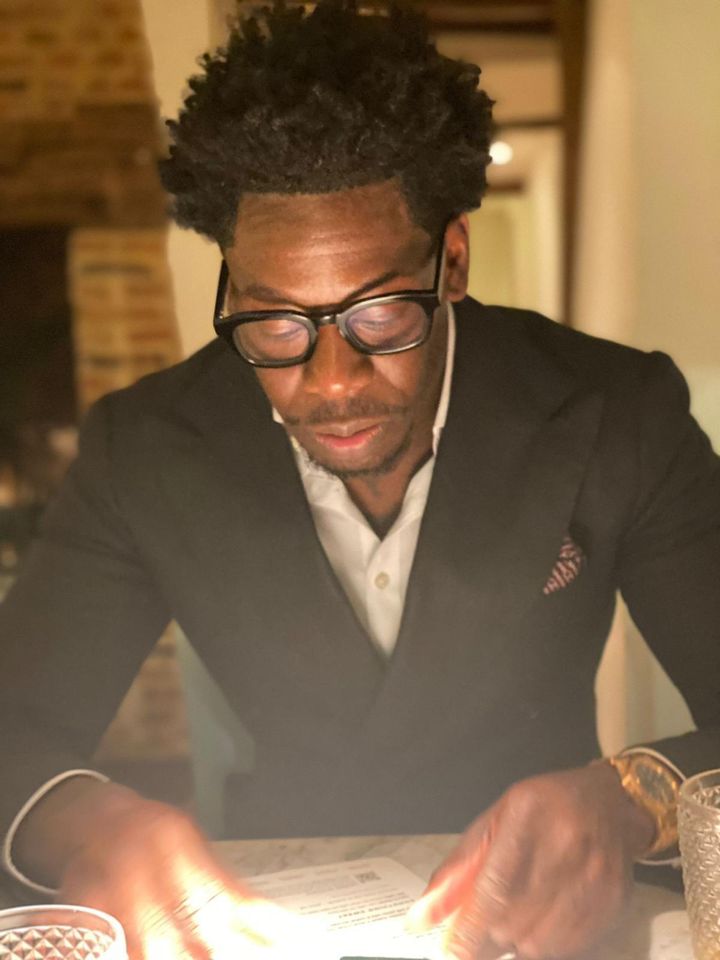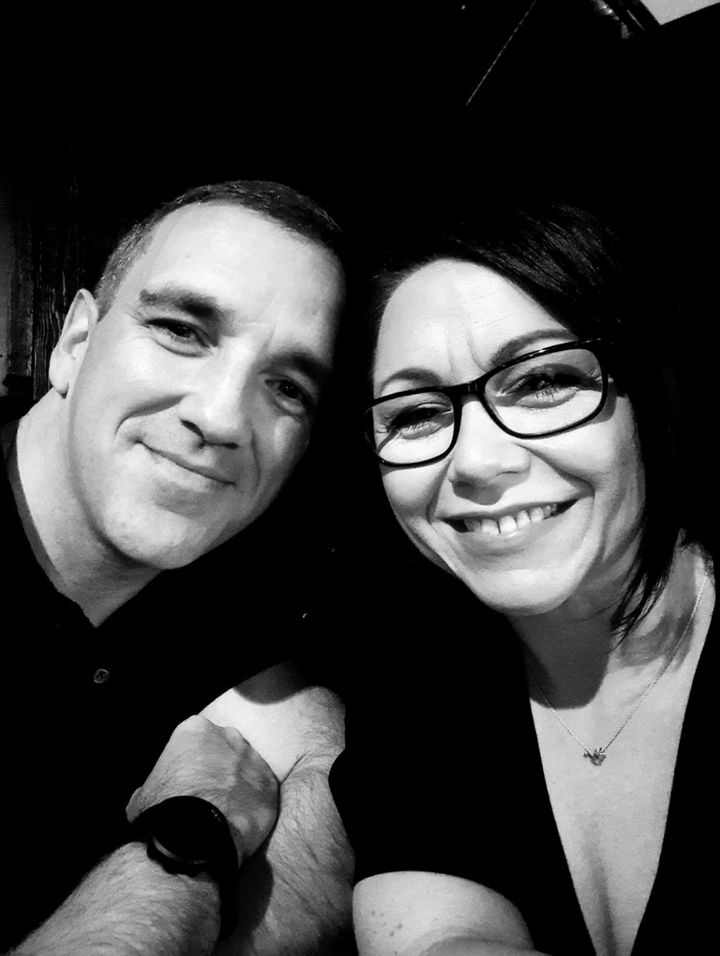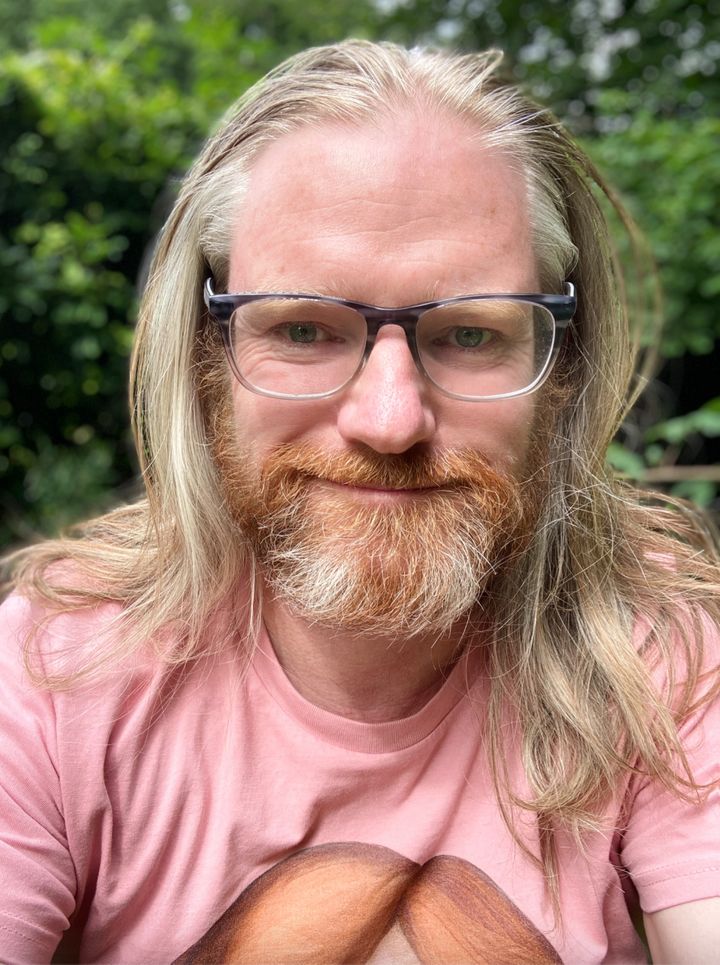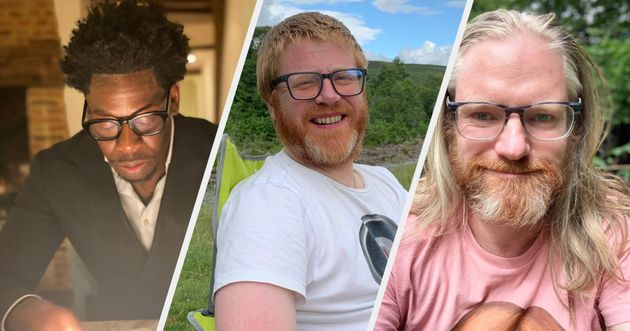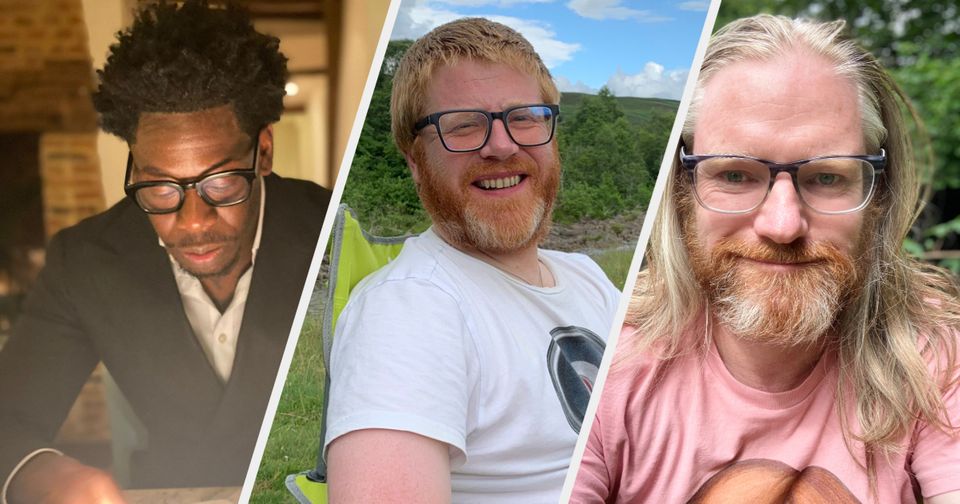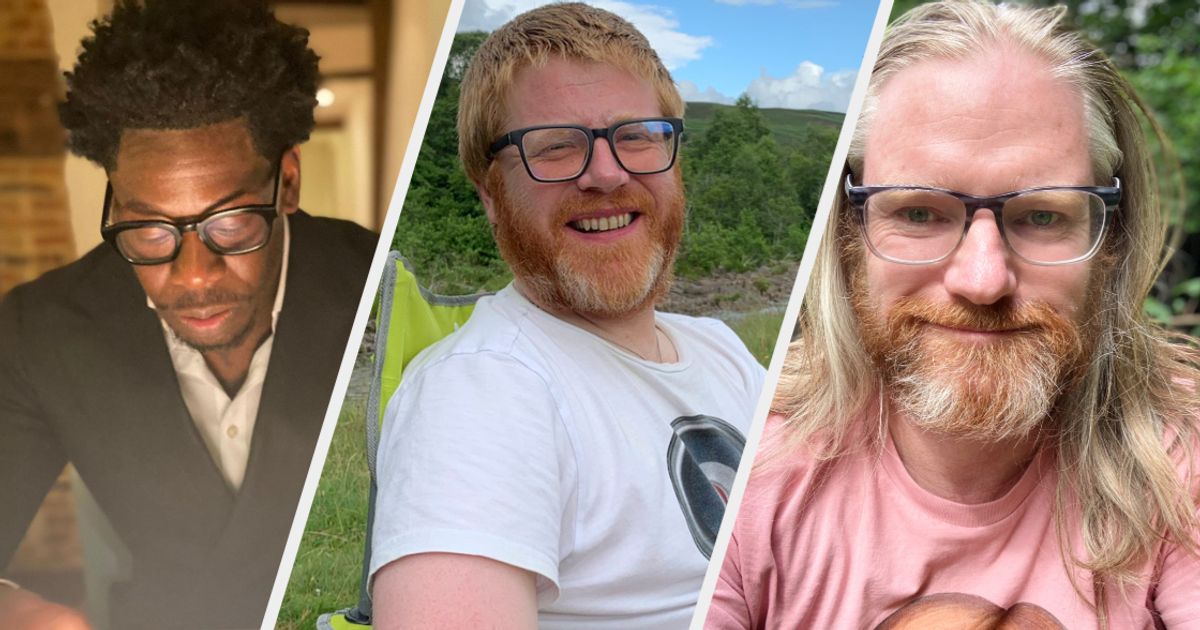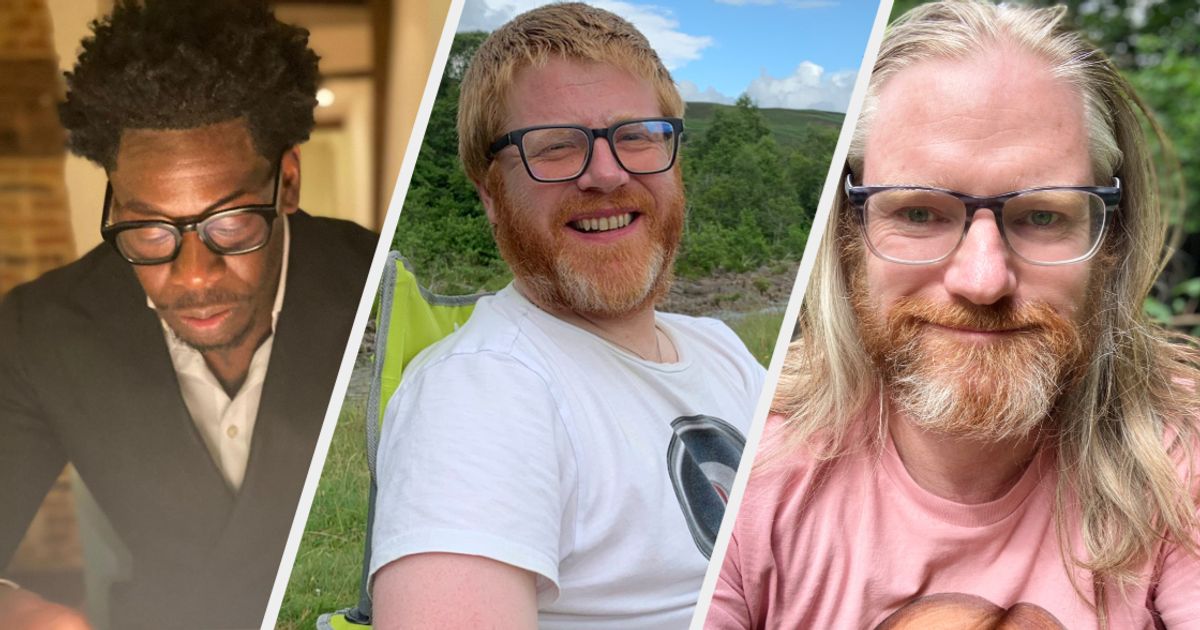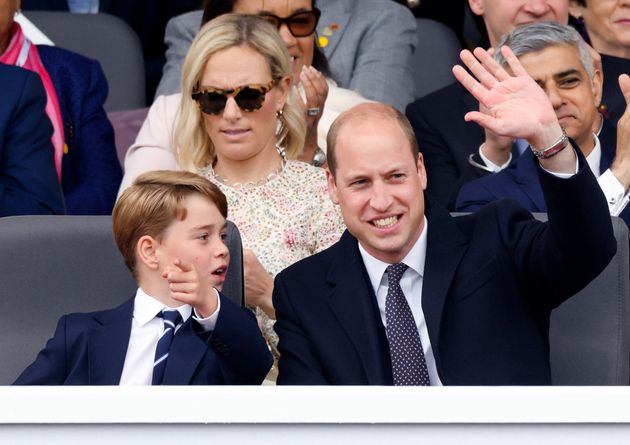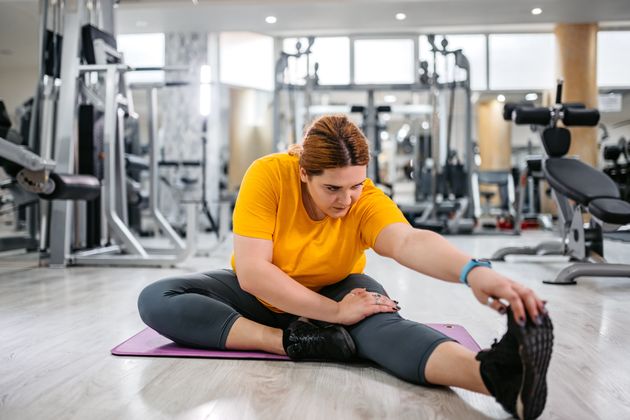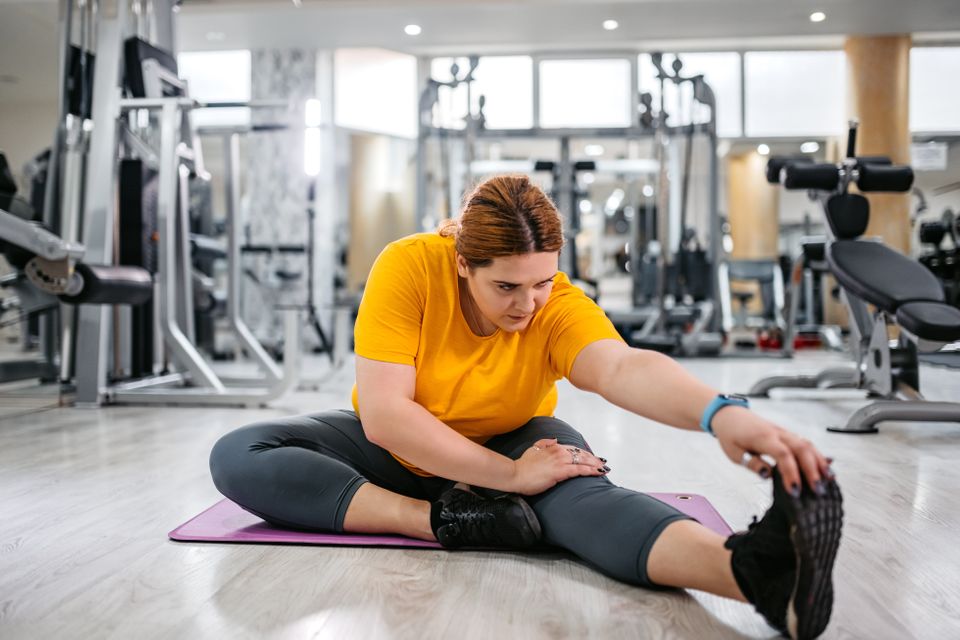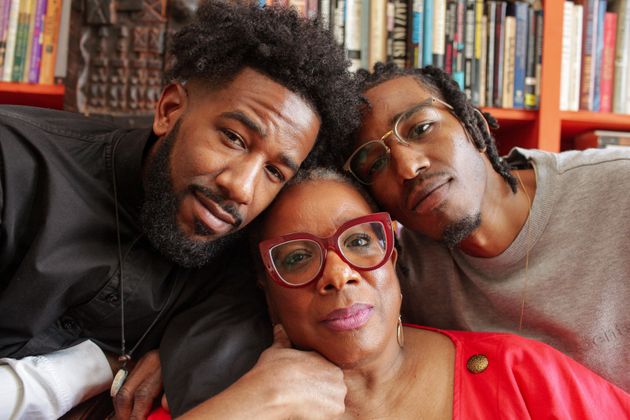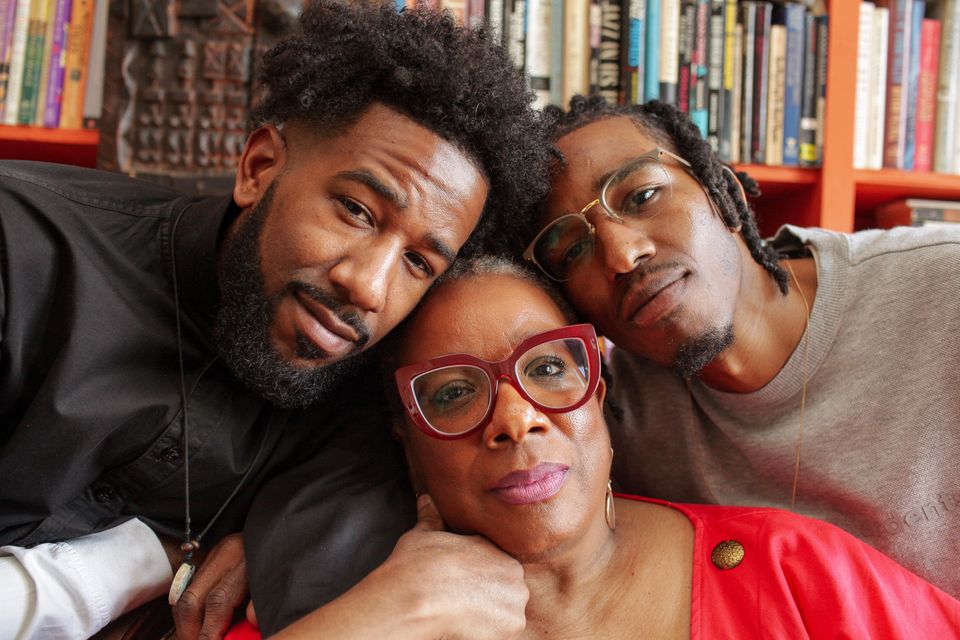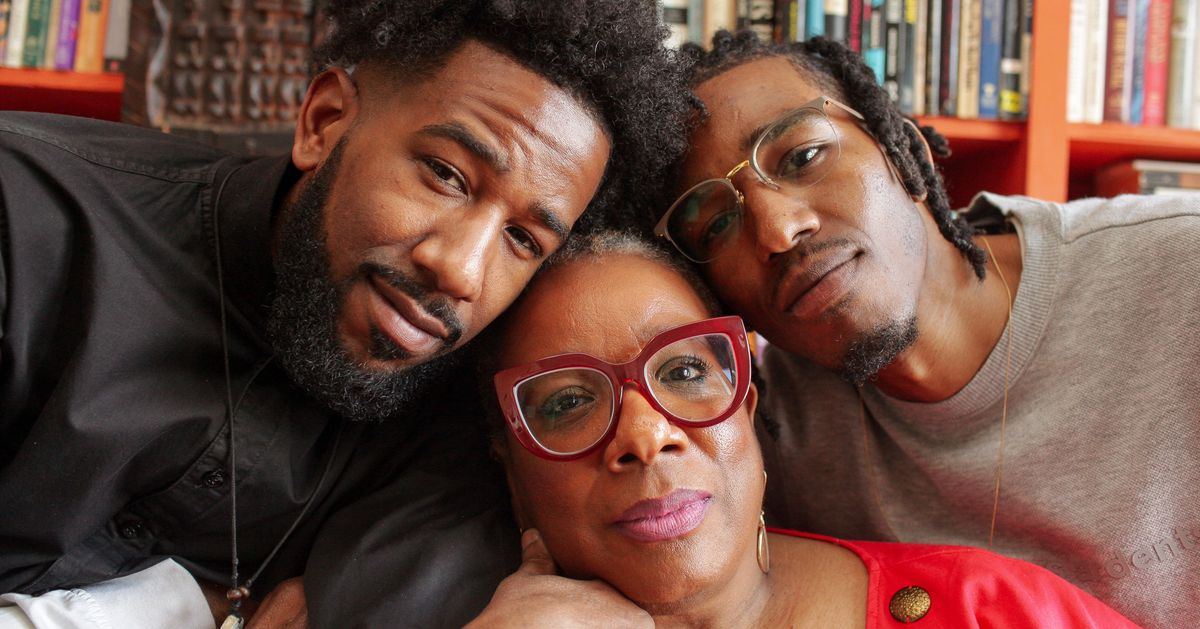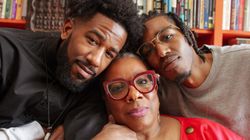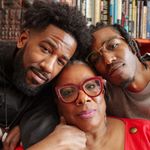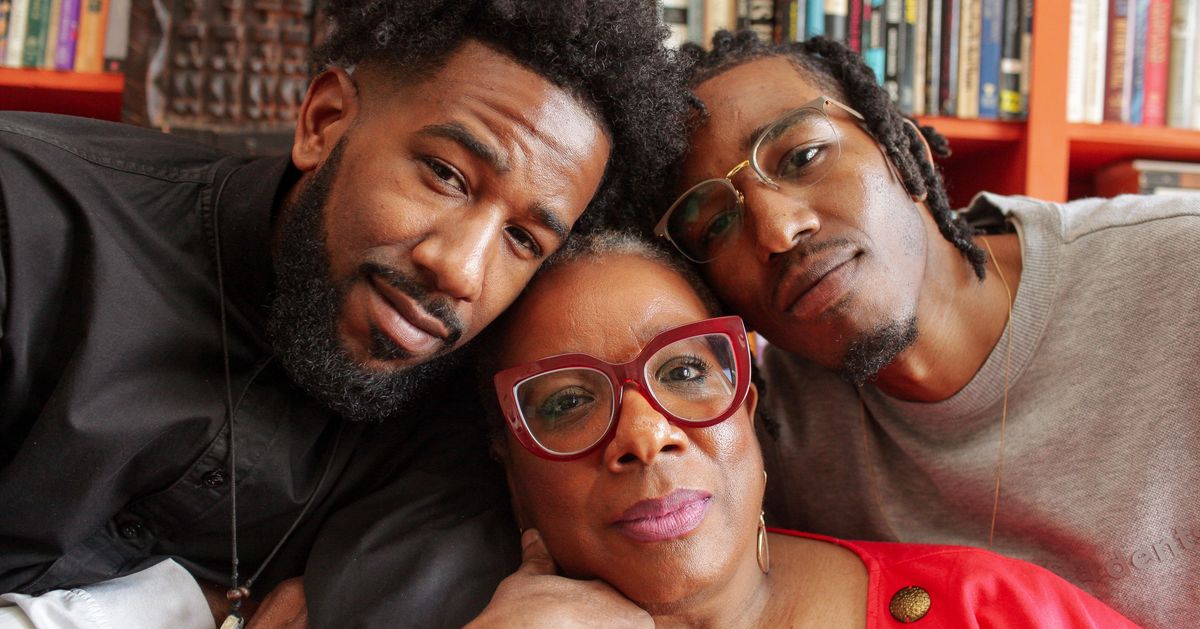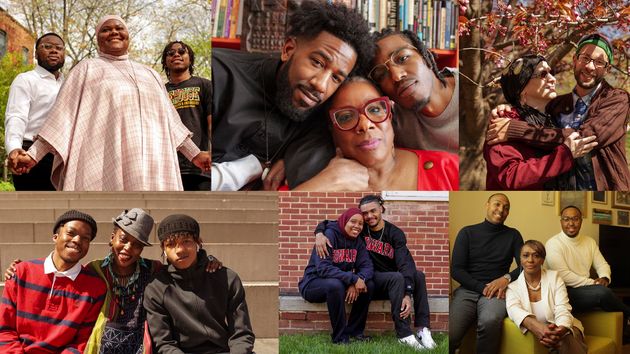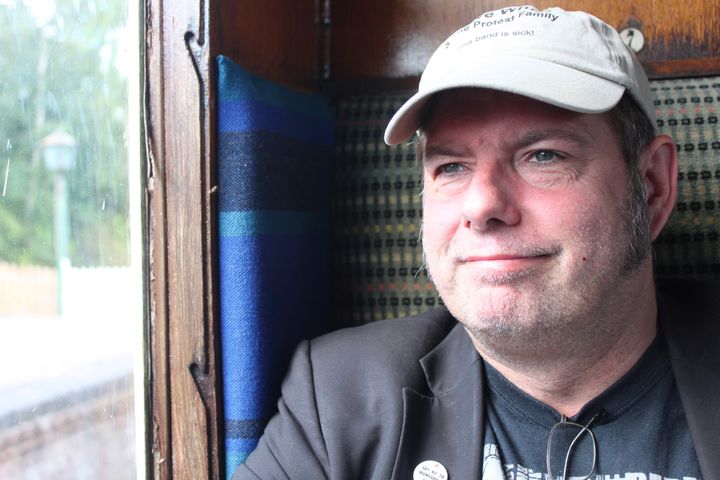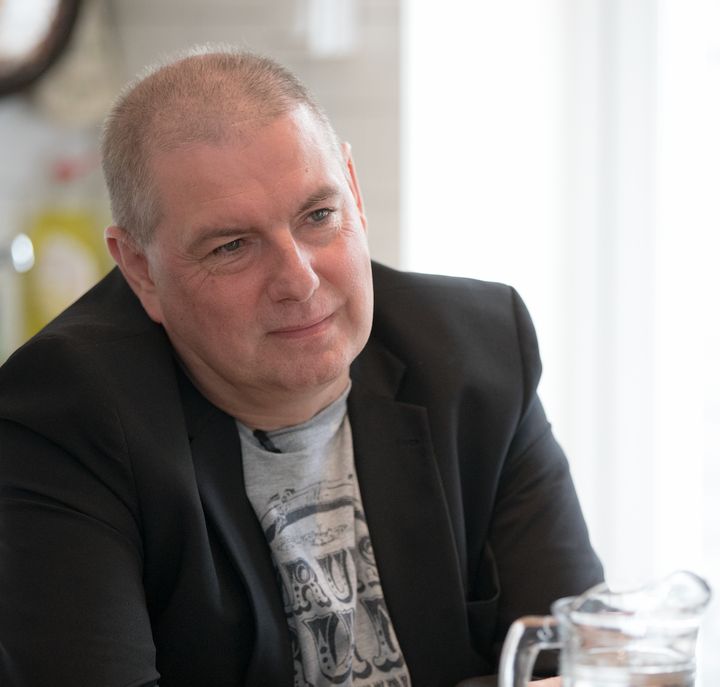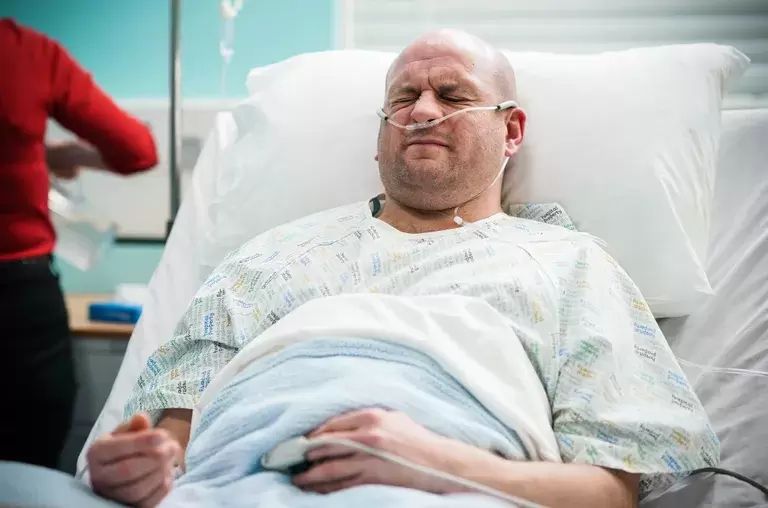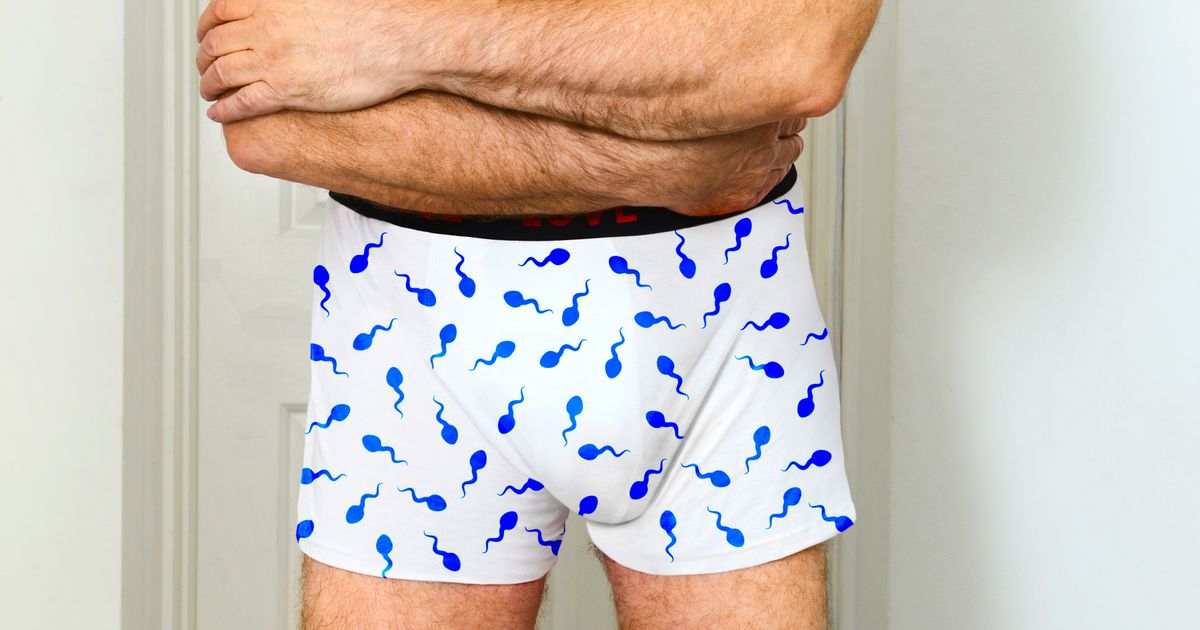
As ‘No Nut November’ rolls around again, abstinence from masturbation is a common topic of discussion this time of year.
If you’ve never heard of it before, the challenge is all about abstaining from ejaculating – with a partner or otherwise – for the entire month, with some believing it’s good for male health. And it’s pretty popular – on TikTok, the hashtag #NNN (short for No Nut November) has 15.5 billion views.
Advertisement
What is No Nut November?
According to the Reddit thread r/nonutnovember, the rules for taking part are strict: no masturbation, at all, throughout the month of November.
“Akin to trends like No Shave November, No Nut November is an event where those who have found it hard to go even a few days without masturbating attempt to challenge the dependency, and go the entire month without making the bald man cry,” reads the Reddit community’s About section.
Is ‘nutting’ a lot a problem, then?
That’s the thing – it’s not, really.
Gigi Engle, a sex and relationships psychotherapist and lead intimacy expert at the dating app 3Fun, argues there is “no such thing” as being dependent on masturbation in the first place.
“It’s the same thinking that masturbation is addictive, porn is addictive, sex is addictive. There is absolutely no reputable science that reflects this school of thought,” she tells HuffPost UK.
Advertisement
Neither sex addiction nor porn addiction is recognised in the DSM-5, and the NHS also says that experts disagree on whether or not one can be medically addicted to sex and masturbation, saying: “Some sex and relationships experts believe people can become addicted to the enjoyable feeling or ‘high’ experienced during sex and sexual activity, but others disagree.”
So, why are men putting themselves through it?
The No Nut November Reddit community says “some do it just for the memes”, while others do it for actual self-improvement.
In 2019, u/yeeval, a moderator on the subreddit group doubles down on this, telling Rolling Stone: “In my opinion, most originally participate in NNN for the meme aspect of the challenge but as the days go on people begin to see how big their porn or masturbation dependency is.”
He continues to explain that No Nut November isn’t a political movement, neither is it anti-porn or anti-women.
“In its most simple form NoNutNovember [is] just a fun internet challenge that has grown in popularity due to many memes that circulate the internet…
Advertisement
“However, I also think that the reason that it has become so widespread is that it has given many the opportunity to look within themselves and realise that they might be relying on masturbation and porn for comfort.
Another reason No Nut November is believed to exist is thanks to a now retracted 2003 study. In this, a claim was made that abstaining from masturbation could spike testosterone.
However, since the study’s retraction, researchers have been unable to replicate the findings. In fact, criticism of the data surrounding heightened testosterone says that it’s janky at best because of small sample sizes and mixed results.
Is month-long abstinence a good idea?
Engle claims people who participate in ‘semen retention’ have shown consistently higher levels of depression and anxiety, she says: “This is because you’re building up a lot of stress, you’re not getting a release that can cause a lot of tension. There’s also a really big shame component.
“For people who believe in ‘semen retention’, if they do masturbate or if they watch porn, they are flooded with feelings of shame afterwards. And this can lead to detrimental mental health.”
Advertisement
Reed Amber, sex educator, sex worker activist and host of the podcast F**ks Given says, “No Nut November promotes this idea that you are masturbating too much, or that you’re using porn too much, which I think is a really dangerous concept to have when people haven’t actually spoken to professionals, or therapists or doctors about the type of behaviours that they are having.”
“Porn isn’t bad,” she continues, “but we can have bad habits revolving around porn, it’s about asking yourself, why you are masturbating?”
However, if participants are signing up in the capacity u/yeeval say they are, then isn’t that a good thing?
The answer, it seems, is complex.
Amber explains that a normal masturbation routine looks different to different people. “Some people need to masturbate once a month, and other people need to masturbate six times a day. And both those versions can be healthy, it just depends on where your mind is, and why you are masturbating,” she says.
There are now myriad studies that show masturbation to be a normal, healthy part of sexuality, even if you’re doing it multiple times a day. So long as you aren’t causing yourself distress, or inflicting distress upon others, there really isn’t anything to worry about.
Advertisement
“For the most part, porn can be used as a really healthy, exciting, beautiful tool for people and their pleasure,” says Amber. “Some people go through phases of using it unhealthily, just like we can do with binge-watching TV shows, or eating the wrong kinds of food or going to the gym too much.”
This is echoed by Engle, who says, “This whole idea of trying to ‘break your dependency’ and challenge yourself to not doing it is based on nonsense.”
Truth be told, regular masturbation has vital health benefits for men.
The health benefits of regular masturbation
Bima Loxley, a Sex and Relationship Therapist and Sexologist, explains to HuffPost UK that “For people with penises, it is generally healthy to ejaculate at least once a week for different reasons, however, more research needs to be done on this.”
Currently, research shows that clearing the prostate, a natural byproduct of masturbation, can decrease the risk of prostate cancer. This is because regular masturbation clears the prostate of fluid build-up that could contain inflammatory matter, cancer-causing material and infection.
In England, over 44,000 men are diagnosed with prostate cancer every year, according to findings by Prostate UK.
Advertisement
Prostate health can also be linked to erectile dysfunction (ED). In a study conducted by the International Journal of Clinical Practice, 41.5% of participants reported experiencing erectile dysfunction. It is believed that 10-20% of all erectile dysfunction cases are caused by mental health stressors, such as performance anxiety or chronic stress. It is believed that these symptoms can be alleviated through masturbation, by building confidence.
So, should you do No Nut November, or no?
While nobody should ever feel coerced into masturbation if they don’t want to engage in it, it does have medical benefits for the body and mind.
Whereas abstinence from masturbation under the guise of enhancing masculinity by boosting testosterone levels has proven to be detrimental to mental and physical health, as well as being scientifically debunked.
“Porn and masturbation aren’t the problem — it’s our society and how we use it,” says Loxley.
The key takeaway is that shame and stigmatising masturbation is unhealthy. Questioning why we might be masturbating and being introspective about our consumption of pornography isn’t necessarily all bad, especially if we’re worried about compulsive behaviour.
So if you did want to have a good ol’ wank in November, go for it. And if you feel like you need to address some compulsive, sexual behaviours – the NHS has a list of recommended resources and support is available.
Advertisement

